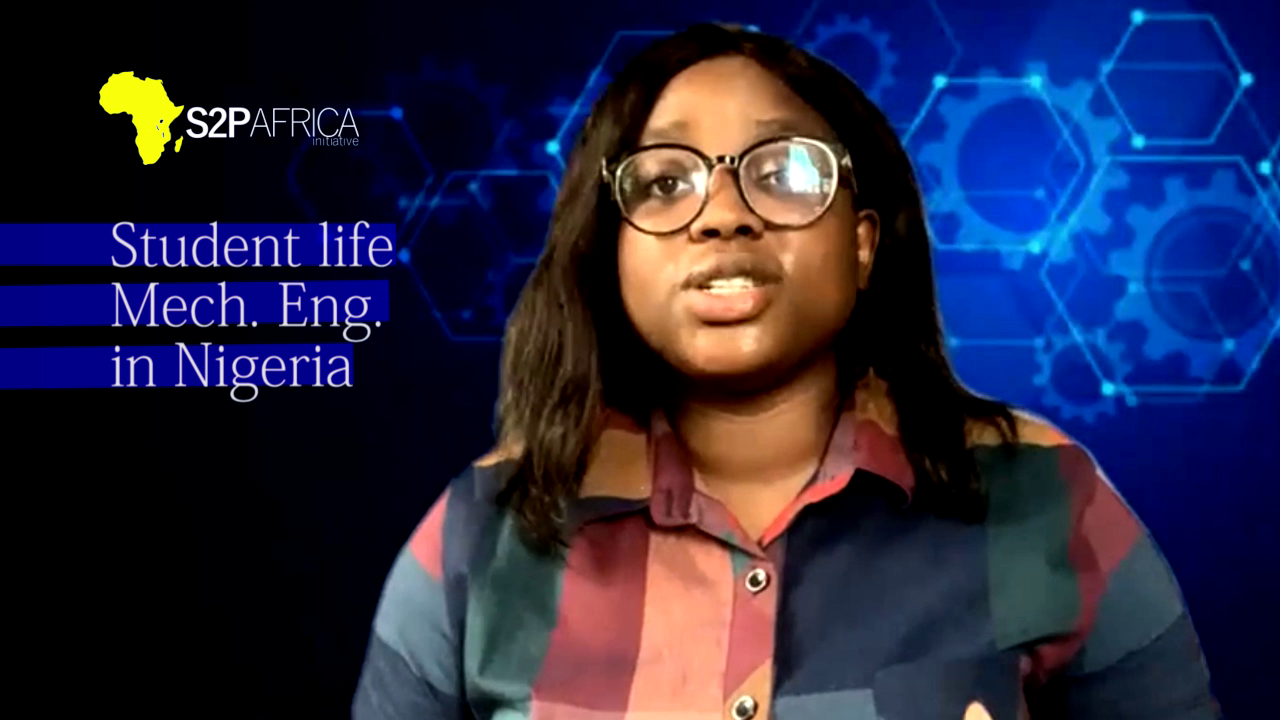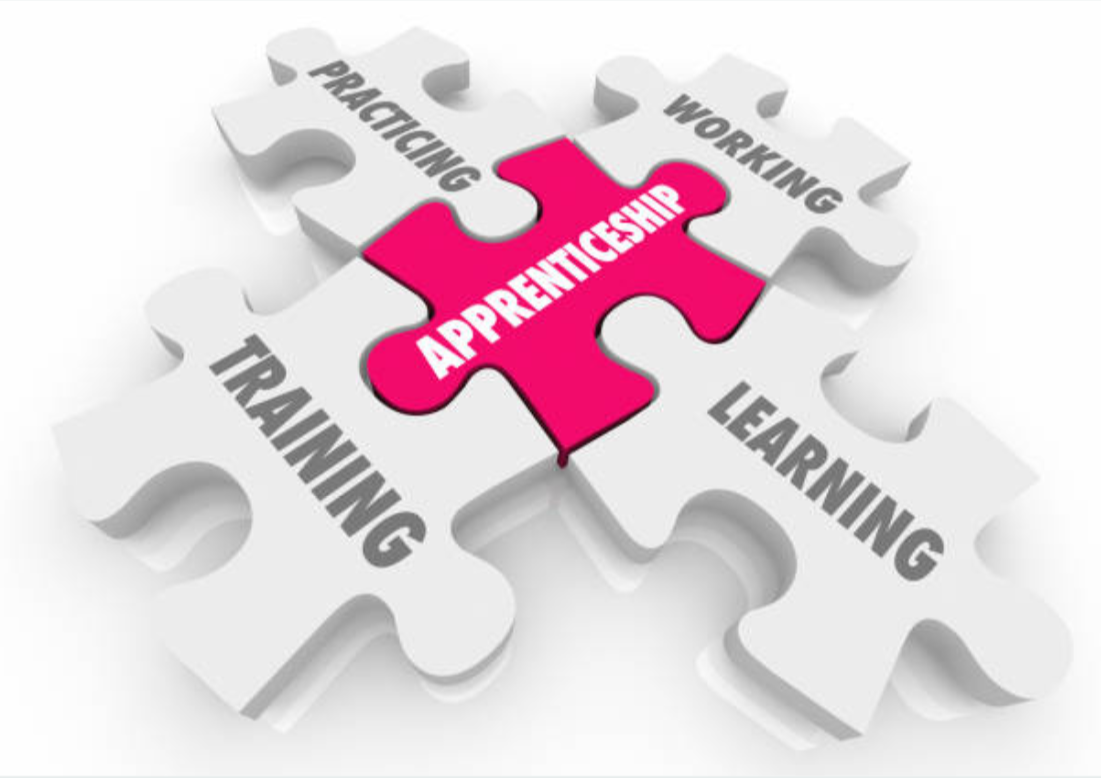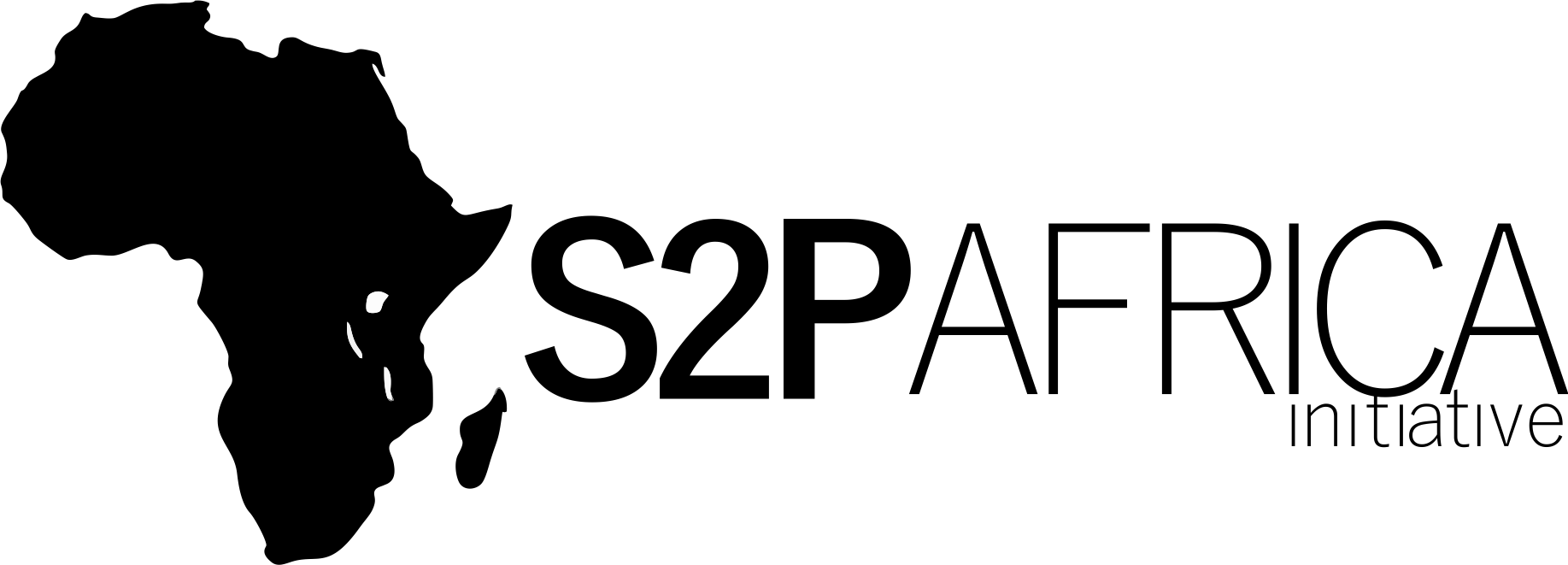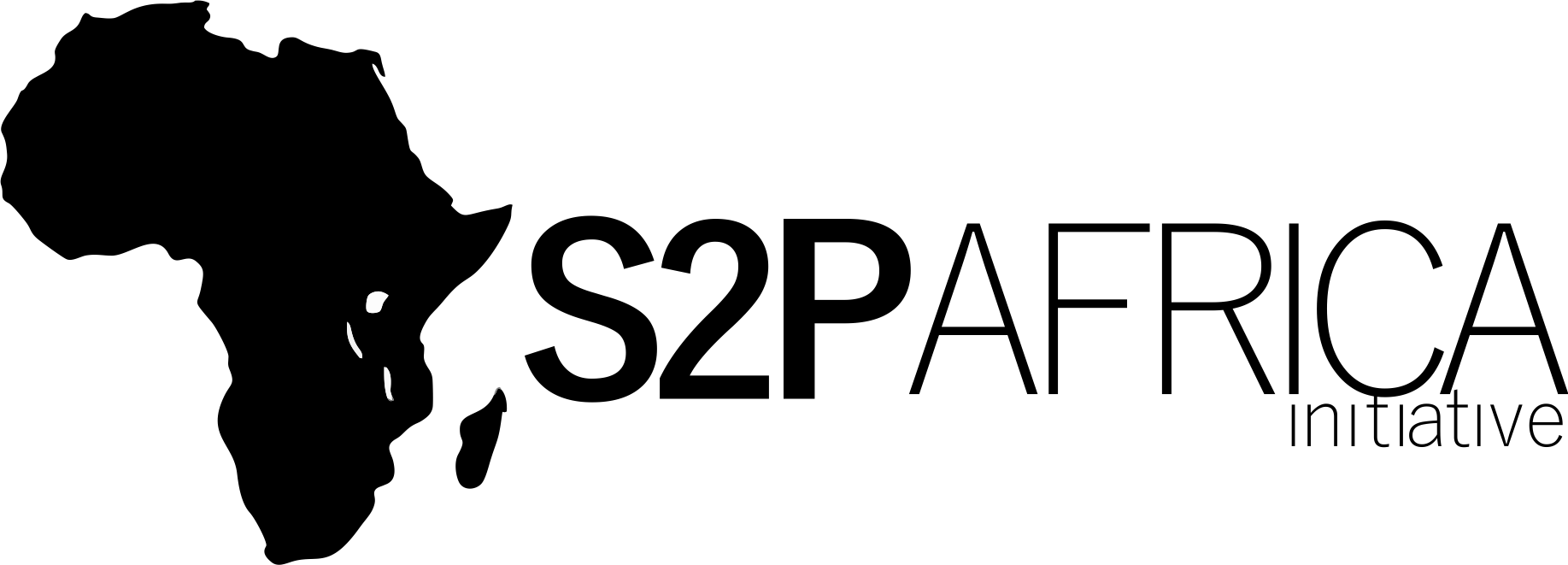
Localizing medical supplies to fight COVID-19 in Nigeria
Recently, the global fight against COVID-19 triggered numerous calls to action on behalf of front-line health workers fighting the raging pandemic. Such calls have galvanized manufacturing and tech communities around the world to seek ways for their qualified professionals to contribute to supplying urgently needed products and services, which are necessary to keep health care workers fighting and to stop health services from becoming overwhelmed. Some of the most pressing resources in demand include personal protective equipment (PPE) such as gloves, masks, and surgical gowns; sanitizers; wipes; ventilators; and other medical equipment and supplies.
The COVID-19 pandemic has been responsible for hundreds of thousands of deaths around the world, and counting. This has caused disruptions in standard supply chains. In addition, access to skilled workers willing, available and able to respond to the crisis is a growing challenge.
In Africa, the fight is a little different. For example, countries can no longer depend on importation to meet the needs for medical supplies to fight COVID-19. Most other countries are already overwhelmed. Consequently, concerned international organizations are looking to collaborate with local manufacturers to find local solutions.
In Nigeria, Prof OA Fakinlede is galvanizing his research team and students at the University of Lagos to respond to this global emergency.
"Nigeria, like most other countries in Africa, is trailing the global exponential curve, but this could change overnight as has been experienced in other countries and we need to be prepared"
Prof. Fakinlede and his team are armed and able to join in the fight as a result of a recent IDRC supported project titled “Rethinking the West African engineering ecosystem: New pilots for building capacity in research and advanced training in engineering”.
This pilot -- which launched less than two years ago -- was created to empower students with vital skills to anticipate and respond to local and global challenges, such as COVID-19. The initiative was funded by the International Development Research Council, Ottawa, Canada and executed through the Nigerian Academy of Engineering.
Some of the activities carried out as part of the project include teaching the students how to use modern cutting edge design tools such as Mathematica and Fusion360 for engineering design. The project, therefore was able to join the COVID-19 efforts on April 1, 2020, with a mission to carry out small scale manufacturing and prototyping of face shields, using the limited equipment they already possess: i.e five 3D printers and one Desktop CNC Machine.
The project lead, Professor Fakinlede, began creating models using the free and downloadable PRUSA model. His discovered three key challenges with the PRUSA design:
- The design was not editable for different head sizes.
- The holes on the inner band are too closely packed together and are easy points of failure
- The design does not allow for modification without a complete redesign, which complicates the reusability of printed consumables.
Early in April, Fakinlede, designed the first S2PA faceshield based on the PRUSA model with some fundamental parametric reconfiguration:
- The base sizing is for an average head size, however, specifying a different head size creates a new headset for that size with most (not all) of the elements adjusting automatically.
- The parametrization is removed from certain items. For example, in order to be able to use the same rubber latch for all head sizes, that component will remain unchanged in size. The ability to selectively automate size changes is one of the features implemented here.
- Patterned holes in the middle are further apart because when they are two close, like in the PRUSA download, the 3D printer creates bands that can easily fail.
- All latches are created so that the visor can latch and click in place. The forward latch for the visor are circular patterns of the same latch and click feature.
- Finally, a hole is provided at the back end to make it easy to use a simple rubber band to hold the set in place if necessary.

Prof Fakinlede has challenged his students to continue to improve the design. In addition they can take inspiration from a similar team at the University of British Columbia who have designed a covidbox, which provides additional protection for doctors treating COVID-19 patients.
"This is an incredible opportunity for my students to apply their classroom learning to real world solutions that have both local and global impact"
We are training our students to be engineers. This is not a teacher training school. The goal is not for the students to get a first-class and do a masters. I want to train my students to be people who will make technology-driven products for Nigeria to meet the needs of its people.
The students are able to work during the COVID-19 crisis because of the work that has been done previously under the IDRC pilot project. This project has a learning management system which contains all the course material so that the students can learn at their pace and also a automated testing web-app, that provides automatic feedback as to where a student is weak and what areas need to be studied or revised to improve. So far the students have designed 10 models of face shields.
Thank you!
Big thanks to all our attendees, competitors, judges, corporate and individual sponsors for making the first S2P Engineering Design Competition a success.
Huge congratulations to our 10 finalists and to team Koye Hydro who emerged ahead of over 40 teams as the Winner of the S2PAfrica EDC 2022, taking home $10,000 IDRC grand prize and $2000 from Cummins West Africa, to fund the development of their project as well as teams KeyTrick and Improved Charcoal Stove came in second and third respectively.
A new bar has been set and we can’t wait for EDC 2023.
Latest Articles




